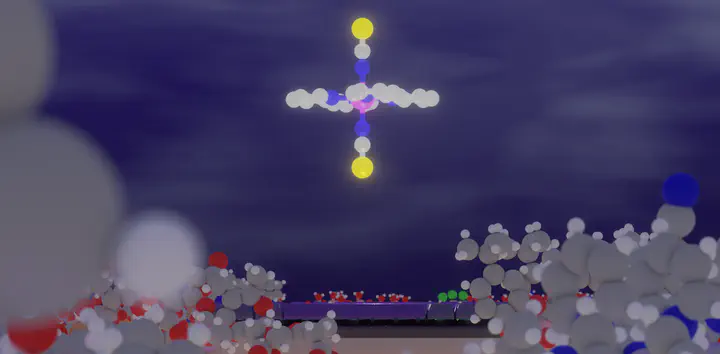Computational Discovery of Transition-Metal Complexes: From High-throughput Screening to Machine Learning

Abstract
Transition-metal complexes are attractive targets for the design of catalysts and functional materials. The behavior of the metal–organic bond, while very tunable for achieving target properties, is challenging to predict and necessitates searching a wide and complex space to identify needles in haystacks for target applications. This review will focus on the techniques that make high-throughput search of transition-metal chemical space feasible for the discovery of complexes with desirable properties. The review will cover the development, promise, and limitations of “traditional” computational chemistry (i.e., force field, semiempirical, and density functional theory methods) as it pertains to data generation for inorganic molecular discovery. The review will also discuss the opportunities and limitations in leveraging experimental data sources. We will focus on how advances in statistical modeling, artificial intelligence, multiobjective optimization, and automation accelerate discovery of lead compounds and design rules. The overall objective of this review is to showcase how bringing together advances from diverse areas of computational chemistry and computer science have enabled the rapid uncovering of structure–property relationships in transition-metal chemistry. We aim to highlight how unique considerations in motifs of metal–organic bonding (e.g., variable spin and oxidation state, and bonding strength/nature) set them and their discovery apart from more commonly considered organic molecules. We will also highlight how uncertainty and relative data scarcity in transition-metal chemistry motivate specific developments in machine learning representations, model training, and in computational chemistry. Finally, we will conclude with an outlook of areas of opportunity for the accelerated discovery of transition-metal complexes.